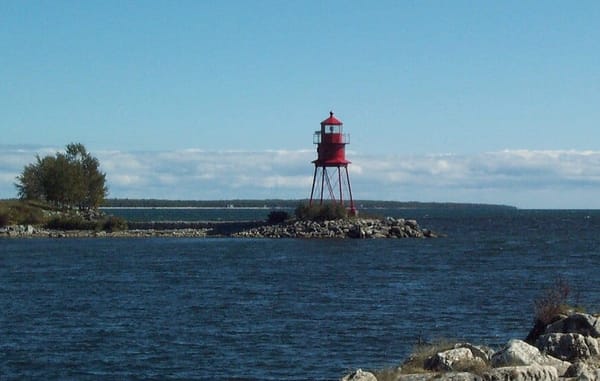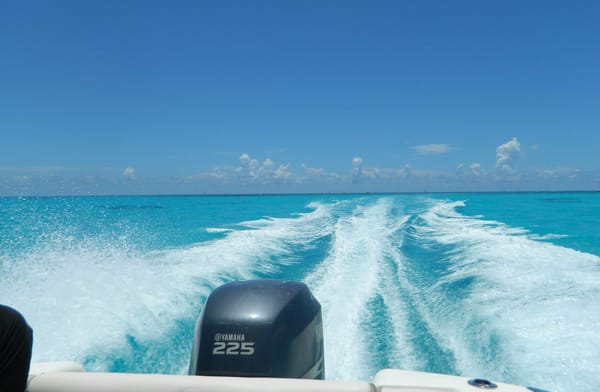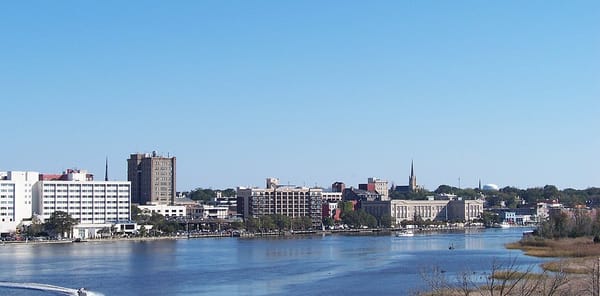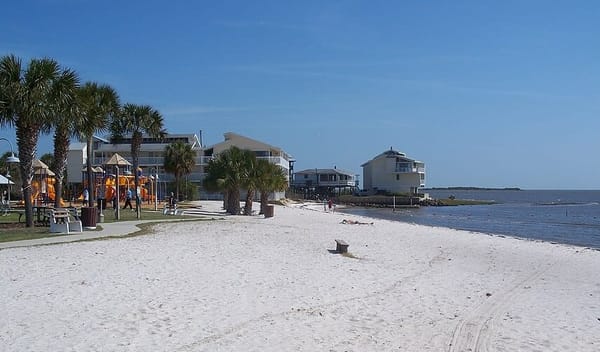Fuel: Ethanol VS Non-Ethanol for the Boating Life
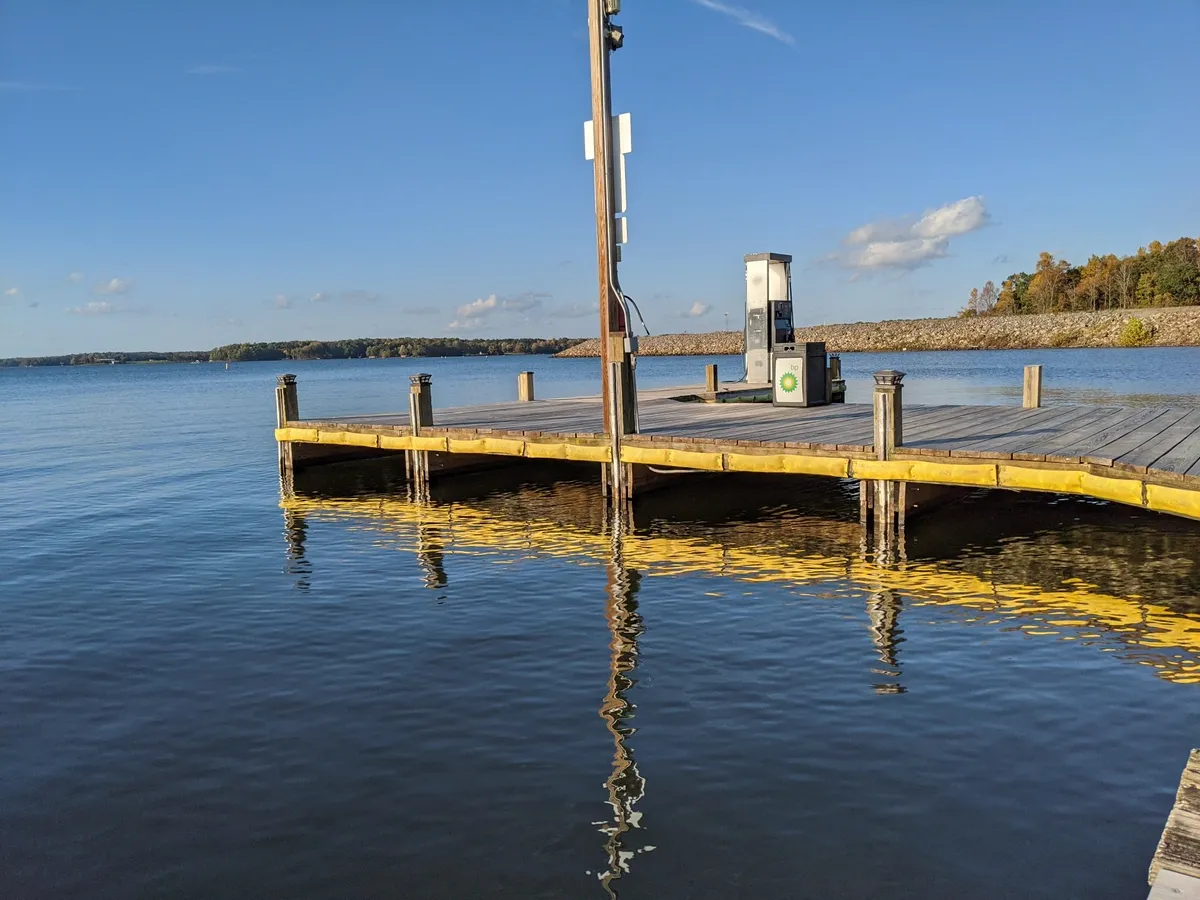
If you’ve been boating for very long, you know that fuel is a prominent factor in boating life. Like a car, it won’t get very far from a private boat lift rental or marina without it. When it comes to choosing the right fuel for your boat, however, it can get confusing. Do you use ethanol? What's non-ethanol? And what's the deal with diesel? Today, we’re going to discuss the differences between ethanol and non-ethanol fuel for boating. We’ll save diesel for another time.
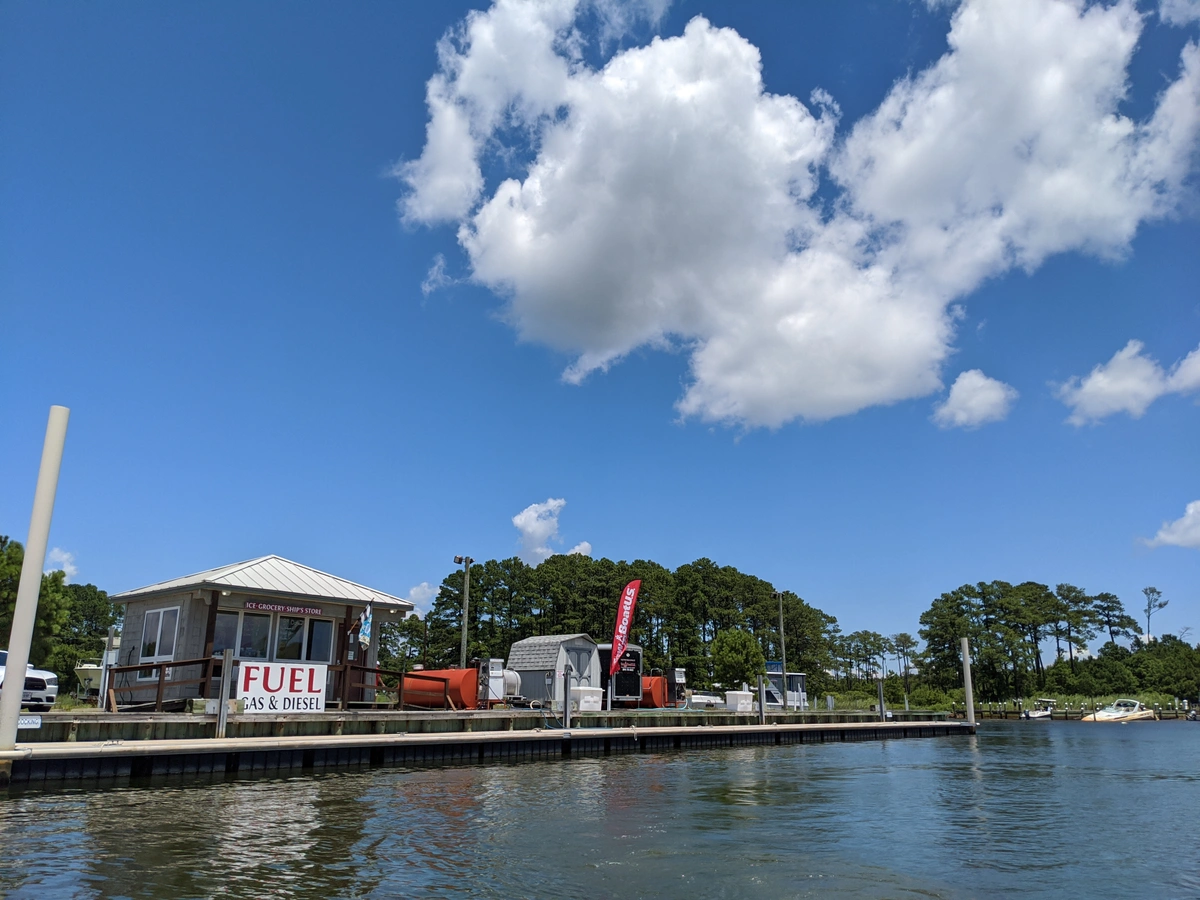
Photo: Sandy Allen
First, the official definitions. Ethanol is a type of alcohol that is produced by fermenting and distilling crops such as corn, wheat and sugarcane. Also known as E10, ethanol fuel is a blend of 10% ethanol and 90% gasoline. Ethanol fuel was developed to reduce pollution and lower hydrocarbon emissions.
Non-ethanol fuel (also known as pure gasoline or E0) doesn’t contain any ethanol. It’s made up of 100% gasoline, which comes from crude oil and other petroleum liquids.
On a side note, there’s another option known as E15, which is 15 percent alcohol and 85 percent gasoline. The National Marine Manufacturers Association recommends against using this as it can damage your engine and be detrimental to the marine environment. So, in short, don’t use it.
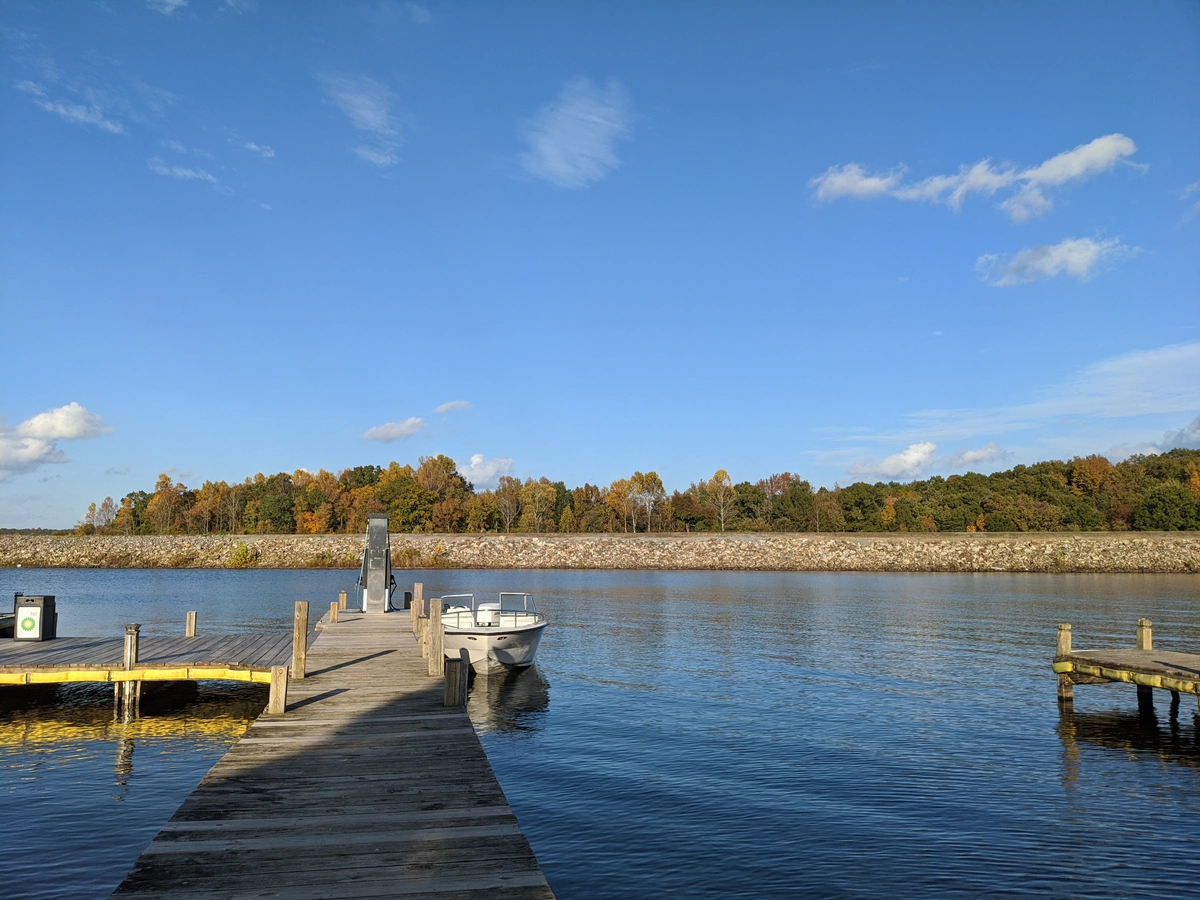
Photo: Sandy Allen
Differences Between Ethanol and Non-Ethanol Fuel
One of the biggest differences between ethanol and non-ethanol fuel is their impact on the environment. Ethanol fuel is considered to be a more environmentally friendly option as it produces fewer harmful emissions than non-ethanol fuel. Ethanol fuel burns cleaner and releases fewer greenhouse gases, making it a more sustainable option. Additionally, ethanol is a renewable resource that can be domestically produced.
However, ethanol fuel does have some downsides. Ethanol has a lower energy content than gasoline, meaning that it provides less power and efficiency. Boats running on ethanol fuel may experience a decrease in performance and may require more fuel to travel the same distance as a boat running on non-ethanol fuel. This means you may have to re-fuel before returning back to a private boat slip rental after a day on the water.
Ethanol is also known to attract moisture, which can lead to fuel contamination and damage to the engine. This is one of the biggest reasons most boaters stay away from it. Ethanol can corrode rubber pipes and fittings as well as fiberglass. It can cause debris in the tank to dislodge and clog the line or puncture a hole in the fuel tank. It’s a good idea to drain a tank of ethanol fuel if it sits unused at a private boat dock for rent for more than 90 days.
Non-ethanol fuel, on the other hand, provides more power and efficiency than ethanol fuel. Boats running on non-ethanol fuel can travel further on less fuel than those running on ethanol fuel.
The next time you’re filling up at the gas dock after leaving the ramp, marina or private boat slip for rent, keep in mind these tips on ethanol and non-ethanol to choose the right fuel for your boat.
